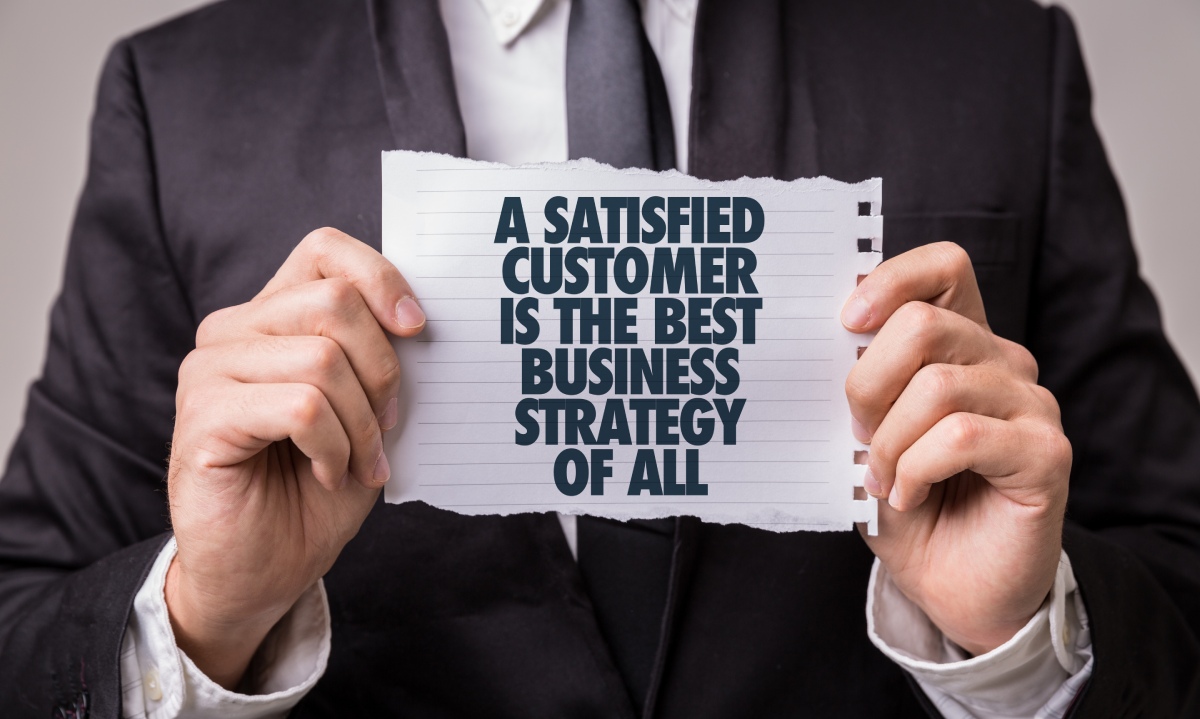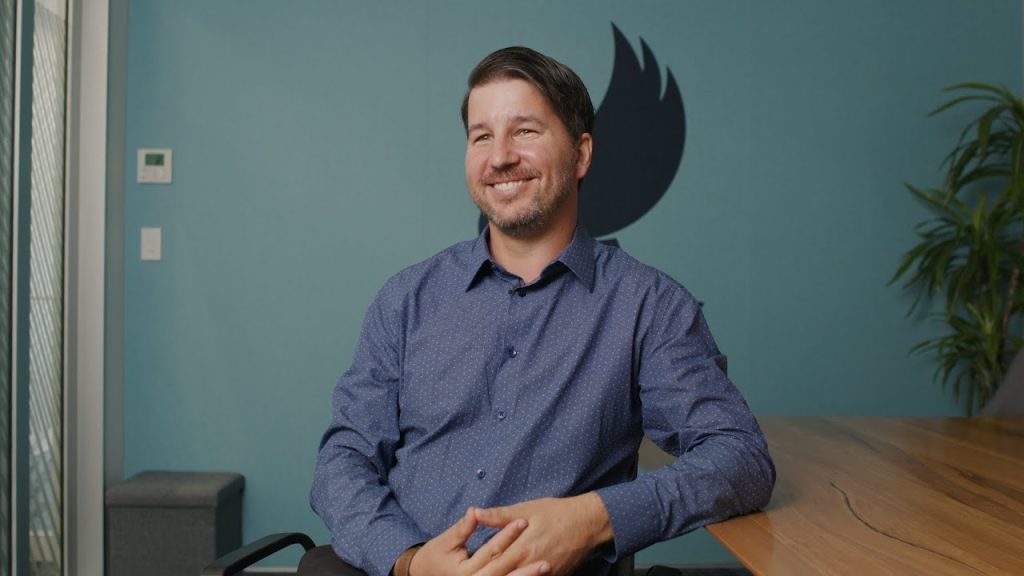Law firms’ websites all promise client service excellence. Yet their perceptions of client service and how that might manifest at every client touchpoint at their firm is rarely objectively assessed or addressed.
So, how does your law firm look and sound to prospects and clients? Findings revealed the joint ALPMA/CXINLAW 2018 survey found that 88% of firms failed the ‘first impression test’ ie less than one in five firms gained an instruction or recommendation from their new enquiries.
Is it any wonder that firms find their enquiry conversion rate languishing below 10%? This low rate highlights that there are serious opportunities for growth slipping away at first contact. Even more concerning, many firms don’t even measure their new enquiry conversion rates, yet continue to spend significant amounts monthly to generate new leads.

We exist in very competitive times. Law firm differentiators are not easy to identify, let alone leverage. Firms who rely on the personal element of relationships will do well to introduce client experience excellence into their thinking.
– ALPMA former-president Andrew Barnes
Successful firms treat new enquiries as the start of the relationship and an opportunity to ‘be there’ for someone who has made the time to call them. A good client experience continues through every interaction to build rapport and gain an understanding of your client’s needs. Get it wrong and the result is the unnecessary loss of new opportunities and ‘promotors’ of your firm.
In a world of competing priorities, the commercial imperative to invest in client service excellence can seem elusive. The reality is that for those investing in a strong service culture (as part of their marketing spend, not in addition to) have seen month on month gains in new matters between 20% to 135% with boosts to revenue of between 20% to 35%.
Developing a culture of client service excellence requires a F.I.I.Tness program:
1. Focus
Compare your firm to the world of service providers, not just other law firms. Every one of us has experienced great, mediocre and bad customer service, and so have your clients. Their experience of great service is the benchmark they will hold you to.
Don’t rely on your own view of the firm’s service levels or on end of matter client surveys.
Invest in an objective assessment and evidence of your firm’s client experience before embarking on any change program. This evidence should cover:
- first impressions (will we work together?);
- heart of the matter (how are we working together?); as well as
- end of the matter (will we work together again?)
The assessment should analyse not only your team’s people skills but also look at your processes, systems and documentation. For example, how often is the language used too familiar or too technical.
2. Inspire
Next, share these results with your team in a way that engages and inspires them so that change is driven from within teams rather than from above. Identify leaders of client service excellence and empower them to activate and inspire their colleagues. A well-developed, proven change program will see individual staff members’ be drawn to take on distinct roles in the change program.
These staff become the firm’s champions of client service and potentially, future leaders. A change program that engages the team, rather than be driven from the top, is one that will endure.
3. Innovate
Client service excellence isn’t just about how to greet clients at your reception, nor your fee earners’ tone and manner. It extends to every touchpoint, including correspondence (formal, informal and regulatory) and processes and then assessing if these touchpoints show ease, empathy and effectiveness.
Everyone has a role to play in identifying how to improve your firm’s client service as staff are often very aware of ‘nuisances’ to client interactions. These nuisances can range from how clients ‘find’ the office once in the building to the length of and delays in client correspondence. Staff tend to ‘work around’ these rather than raise ideas for change for any number of reasons eg too busy, prefer not to rock the status quo, is it not their role etc.
Empowering staff to identify areas for improved client service delivers innovation to differentiate your firm as well as productivity improvements to your staff.
4. Train
Client experience excellence requires new skills and smarts, so train your teams to boost and sustain performance. The starting point is often being clear about the clients you want to work with.
Training should be part of a program rather than a one off training session and include team lead templates and documented service standards to improve client interactions. These become part of your new staff induction program.
But don’t let dust settle on these documents. Allow your internal champions to review and revise them in line with changing client expectations and improved insight into client service experience.
Client expectations change over time as do your staff, so to stay F.I.I.T. test your firm’s client service experience annually.



